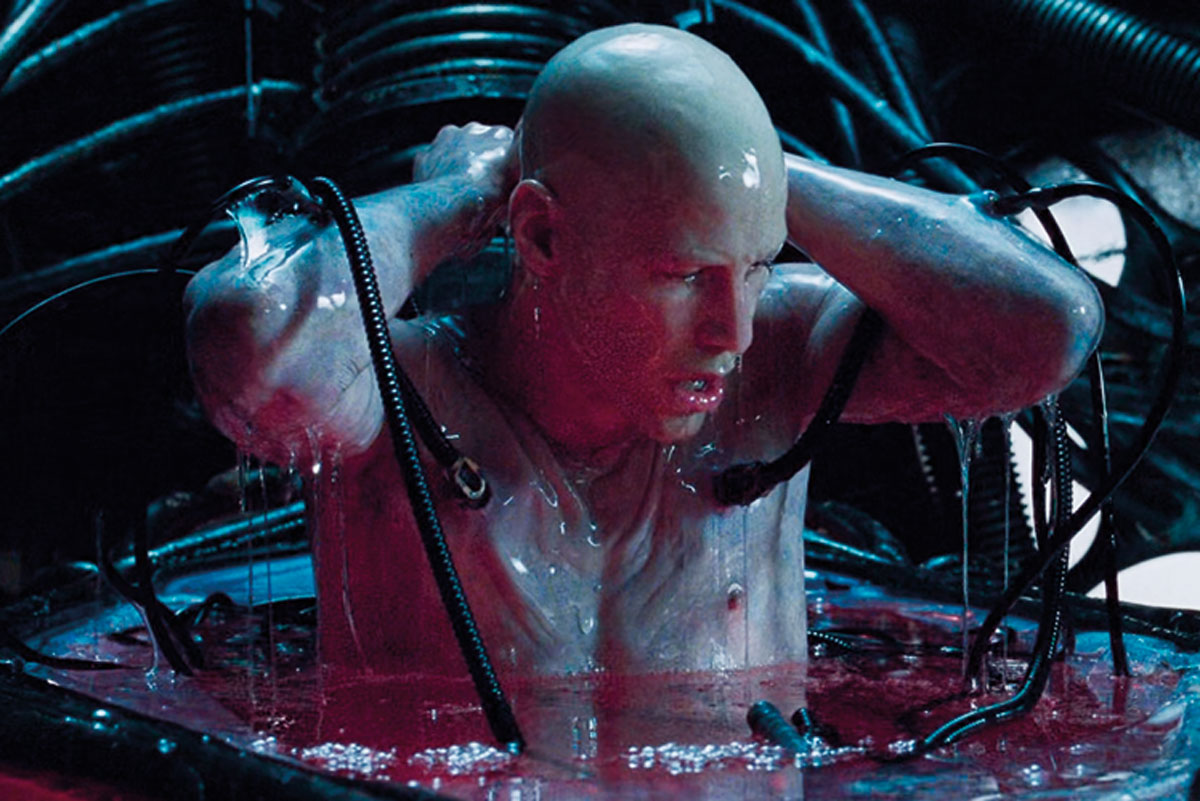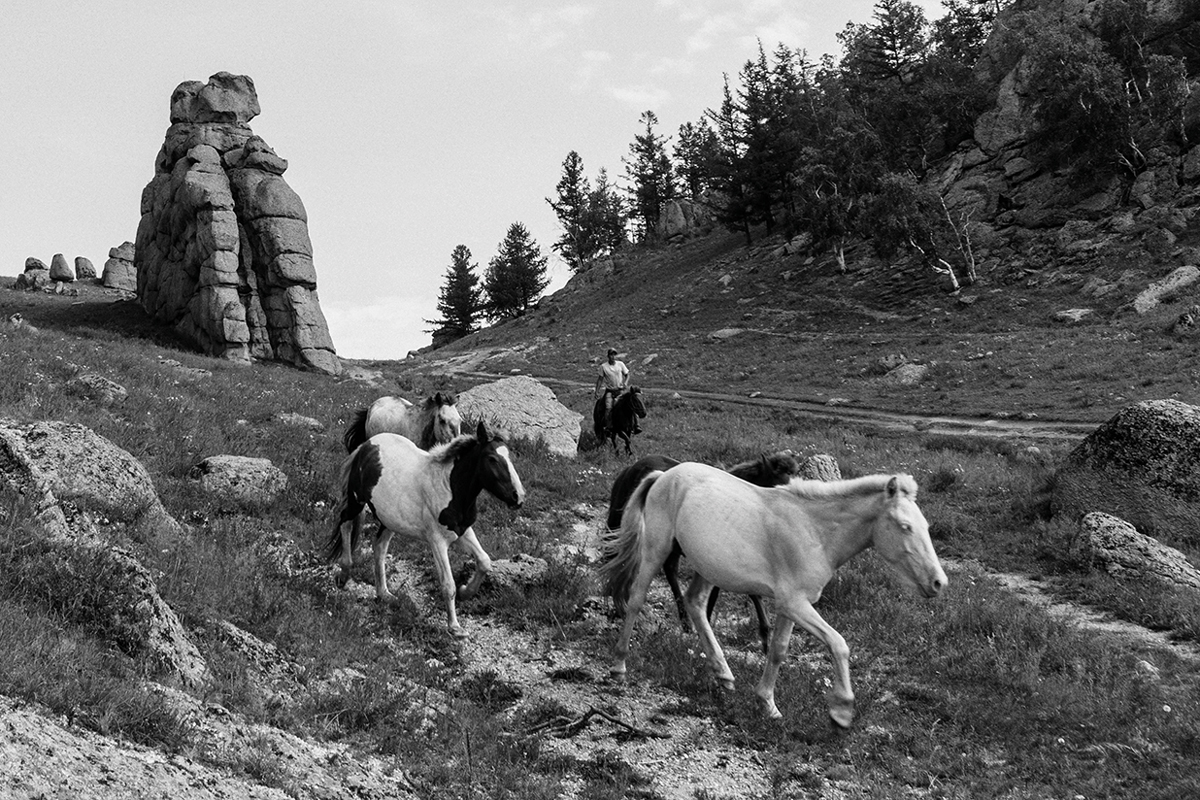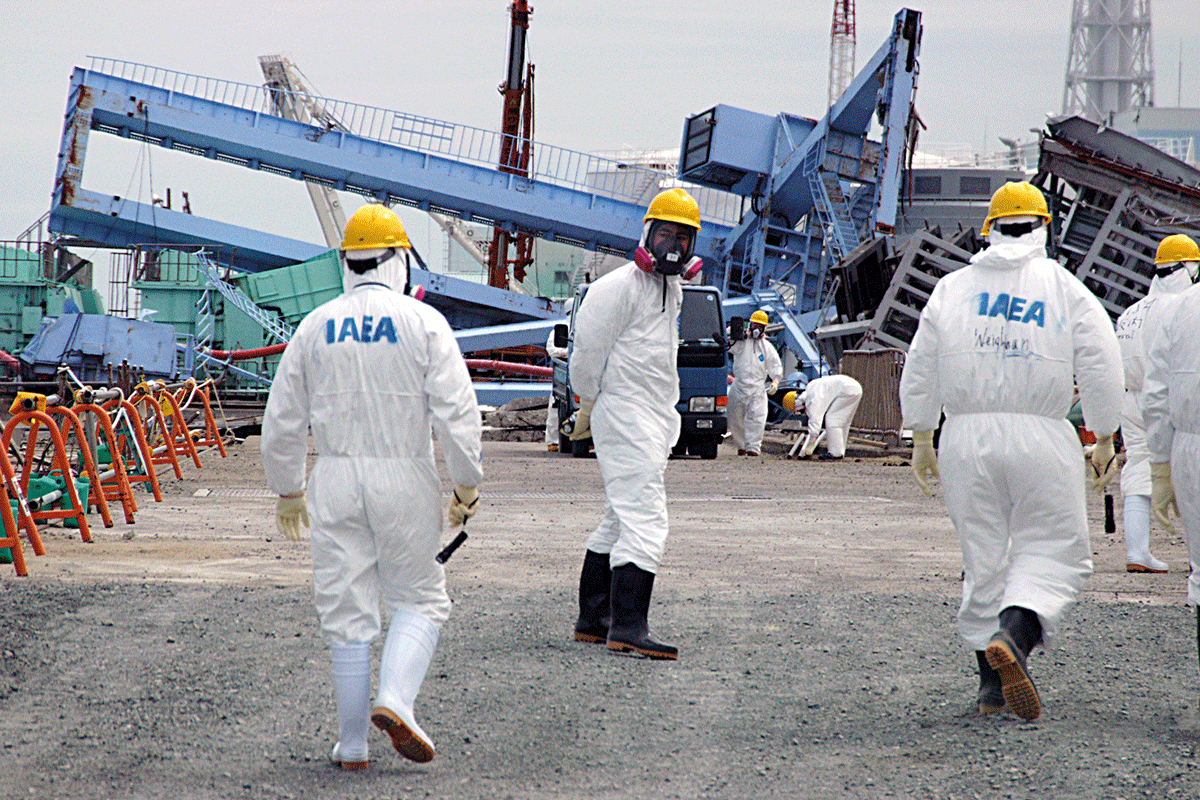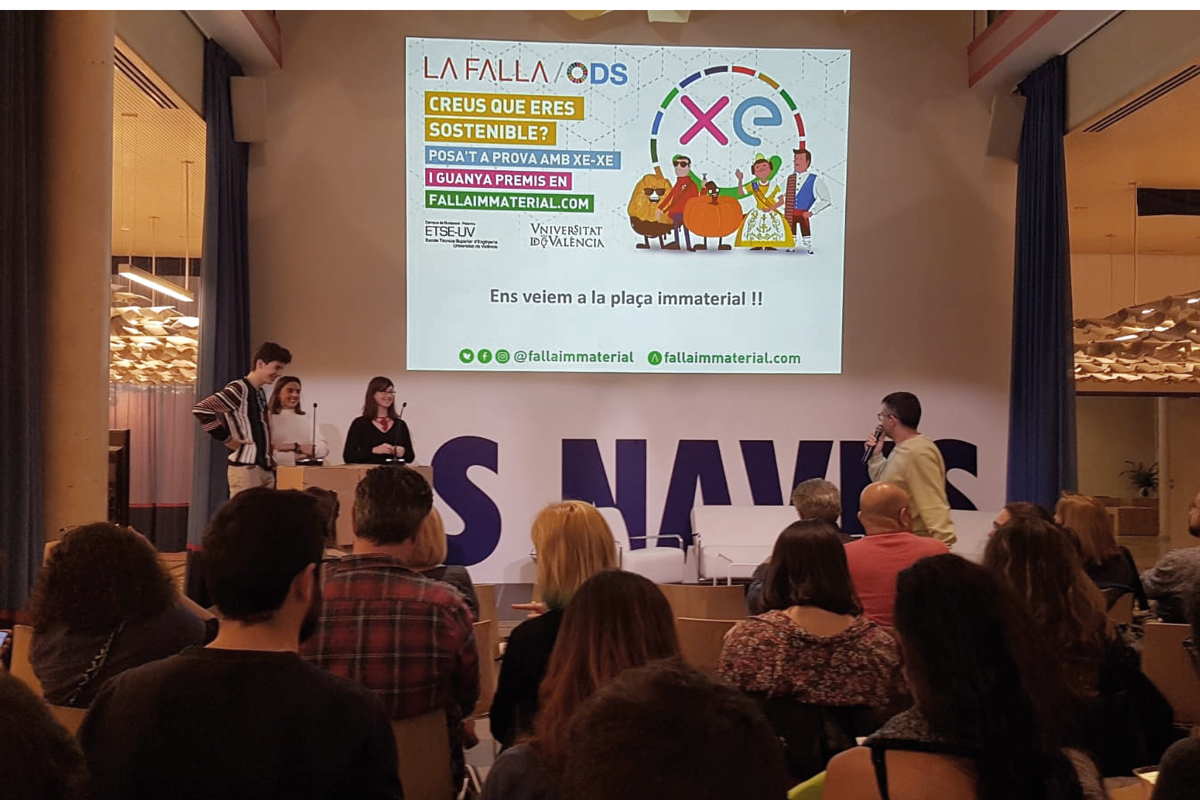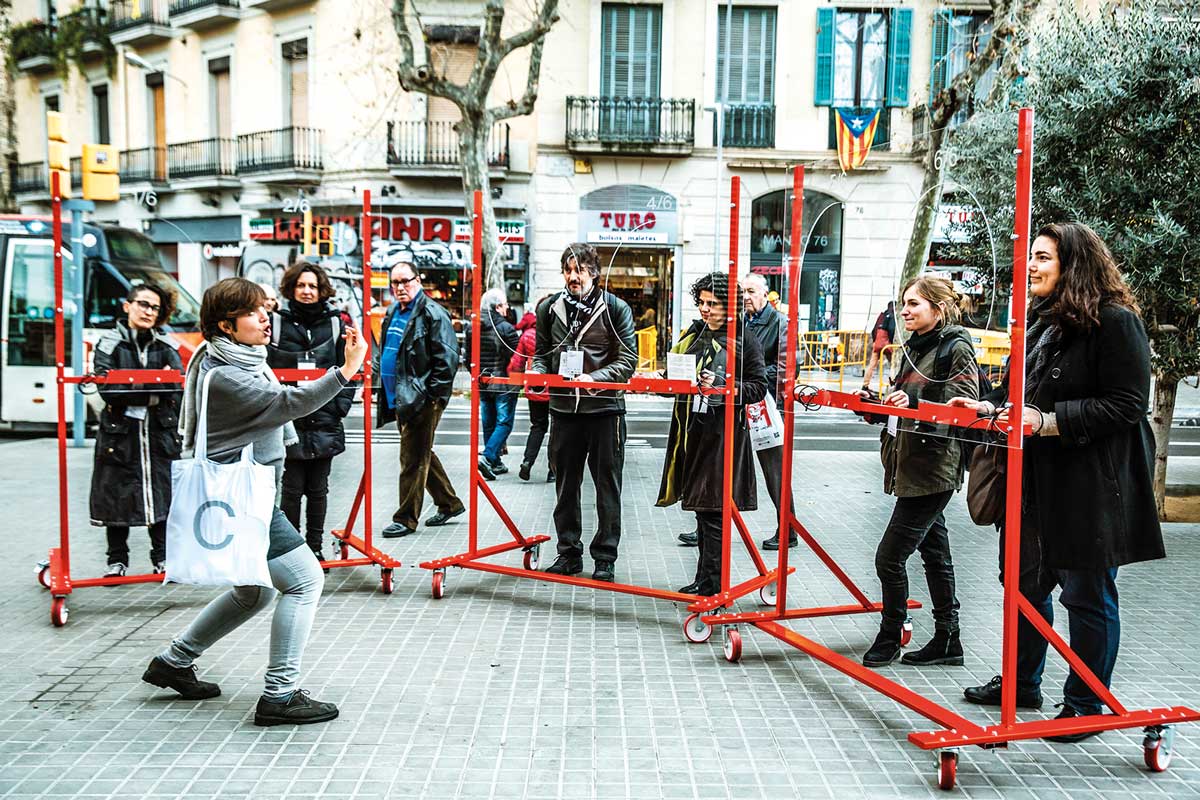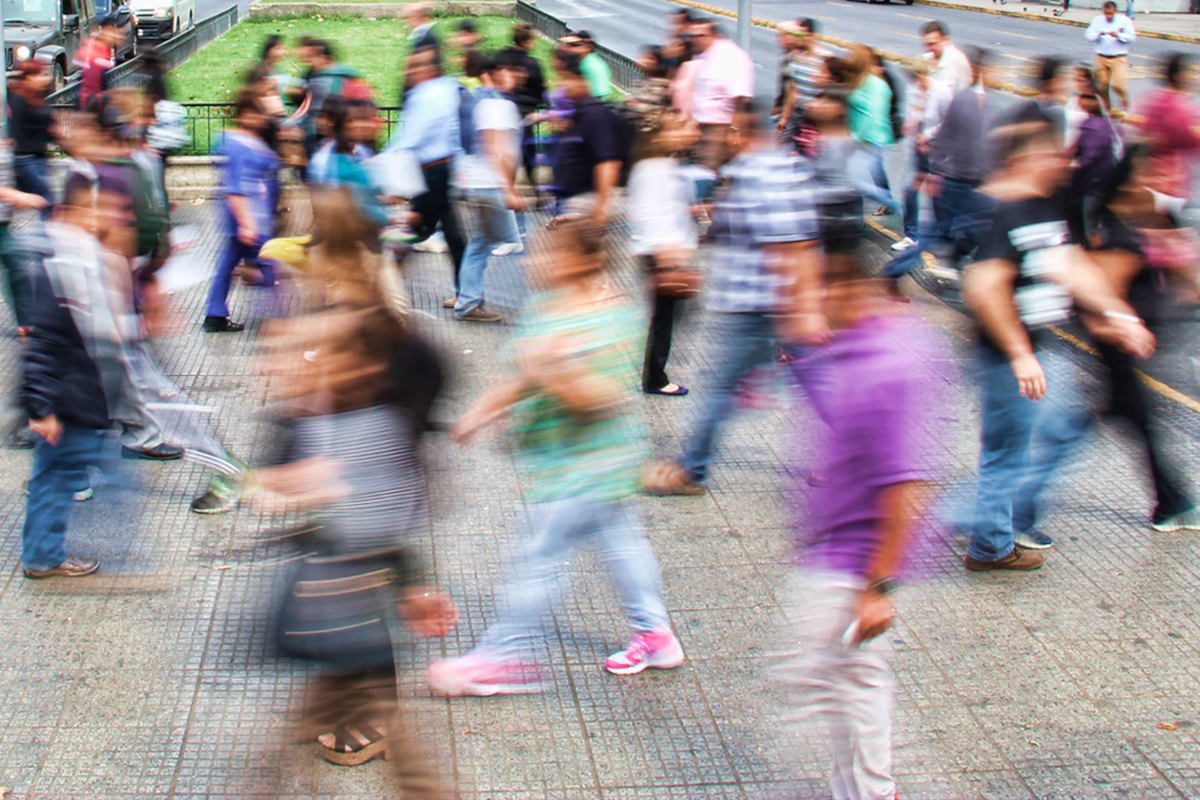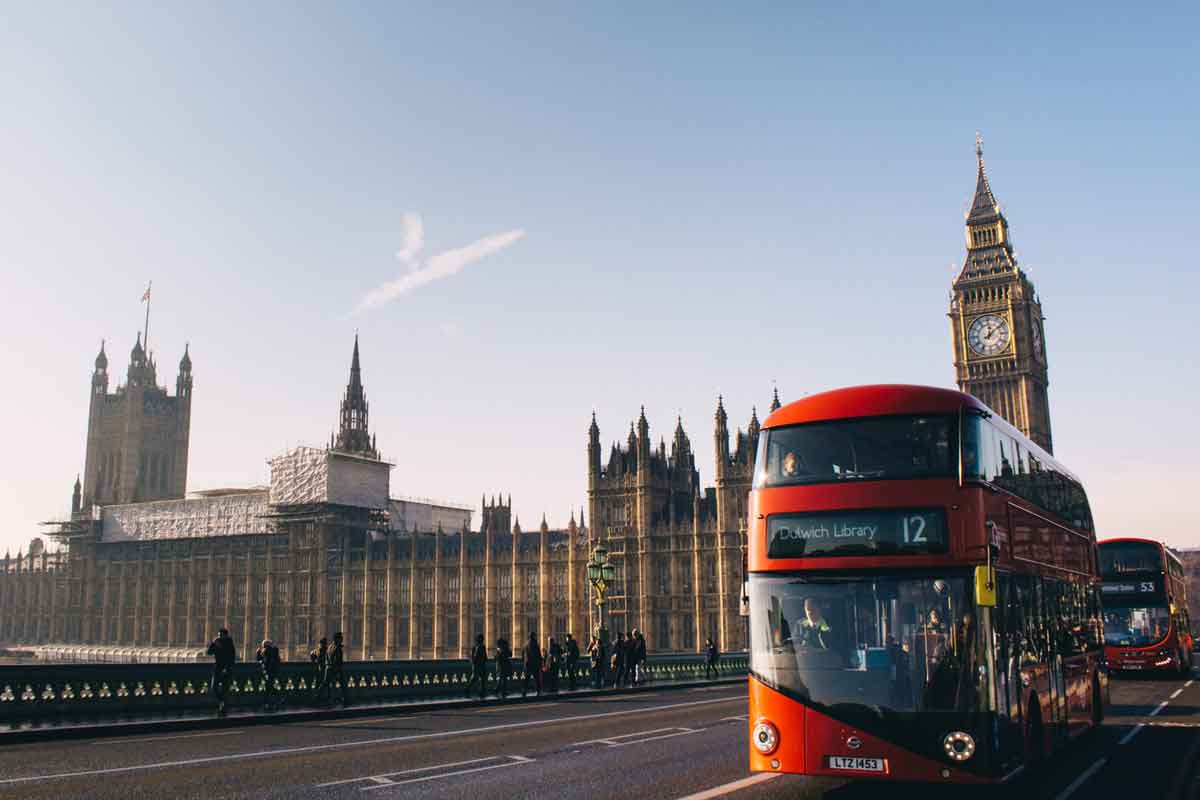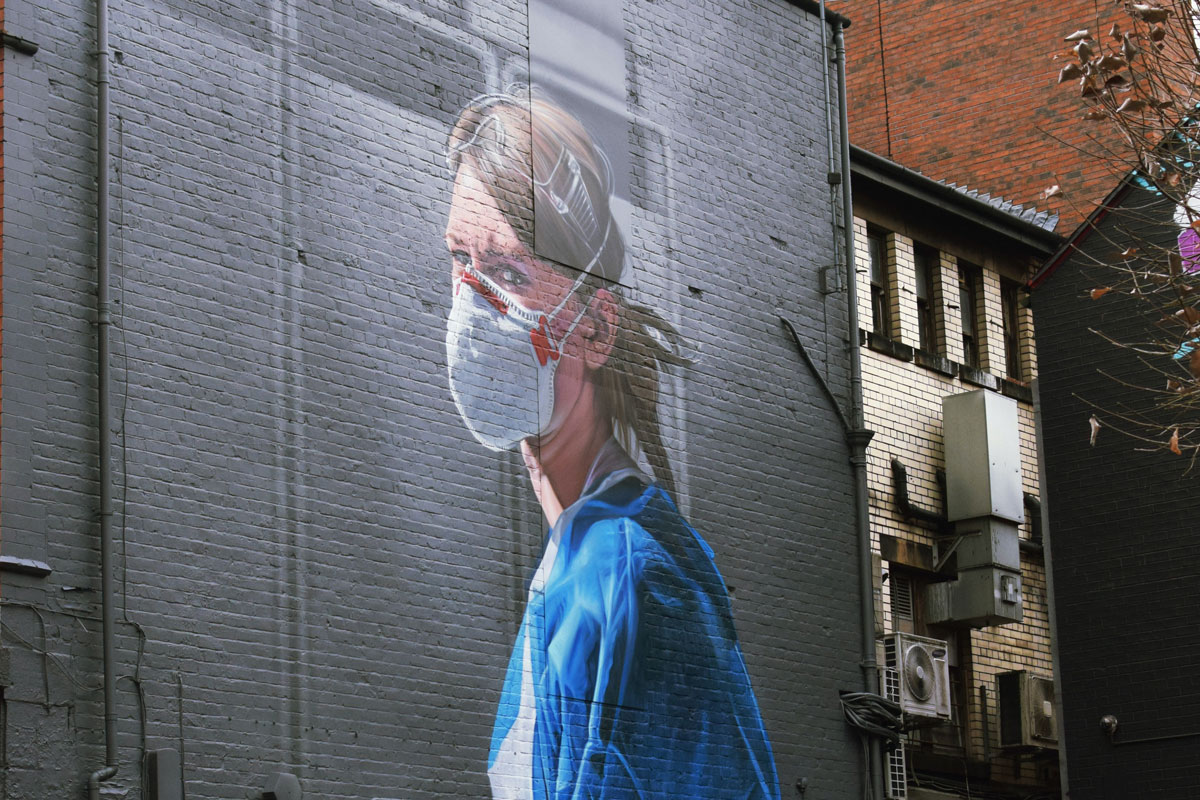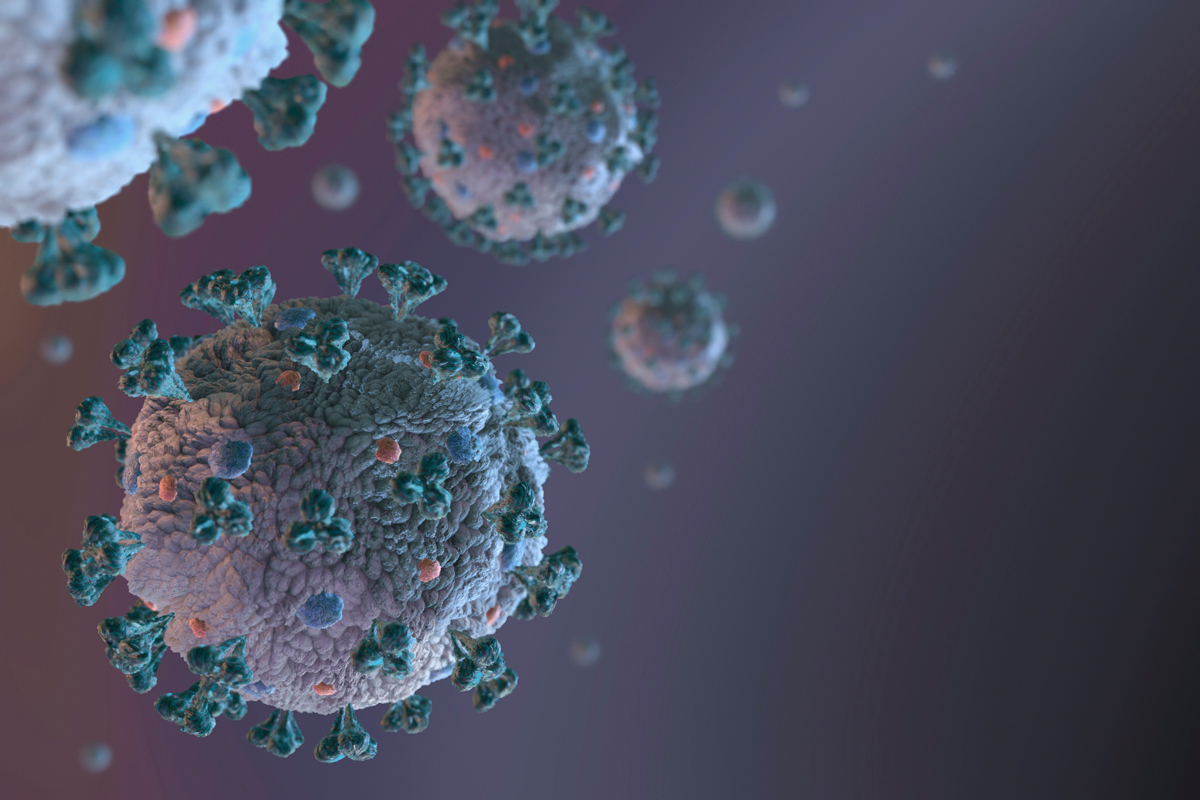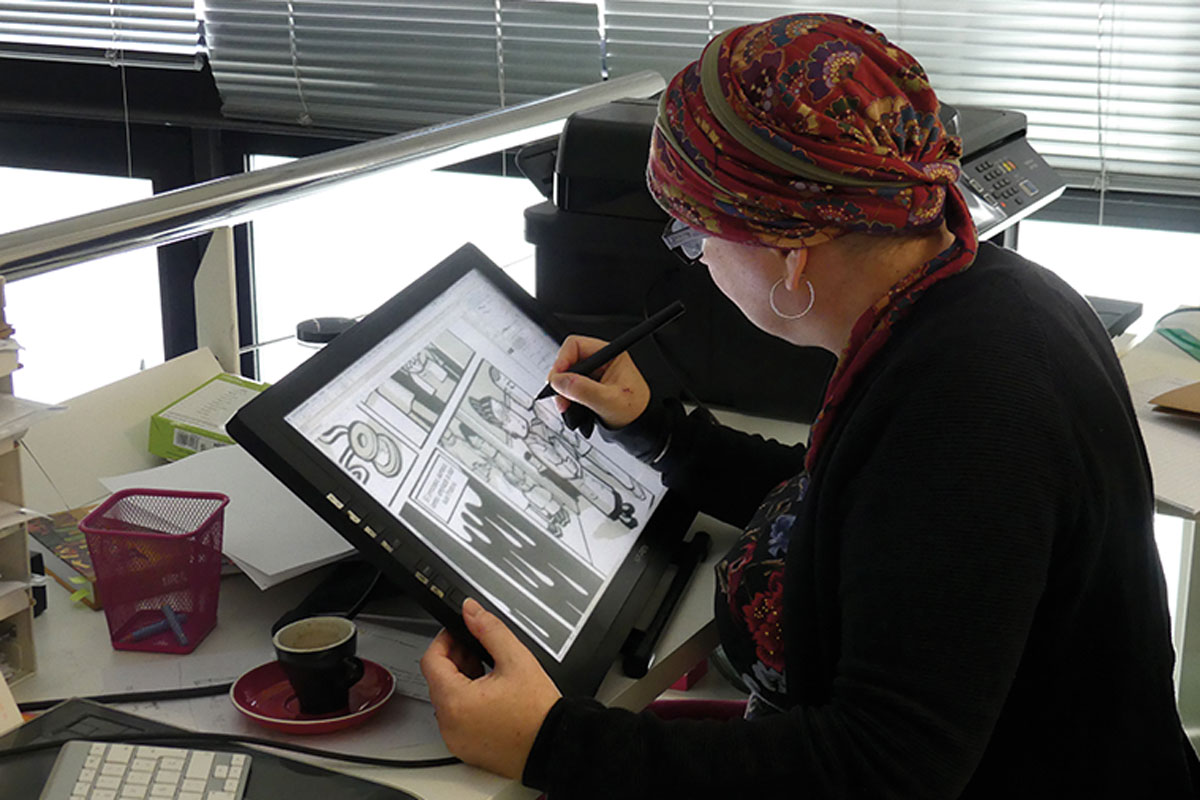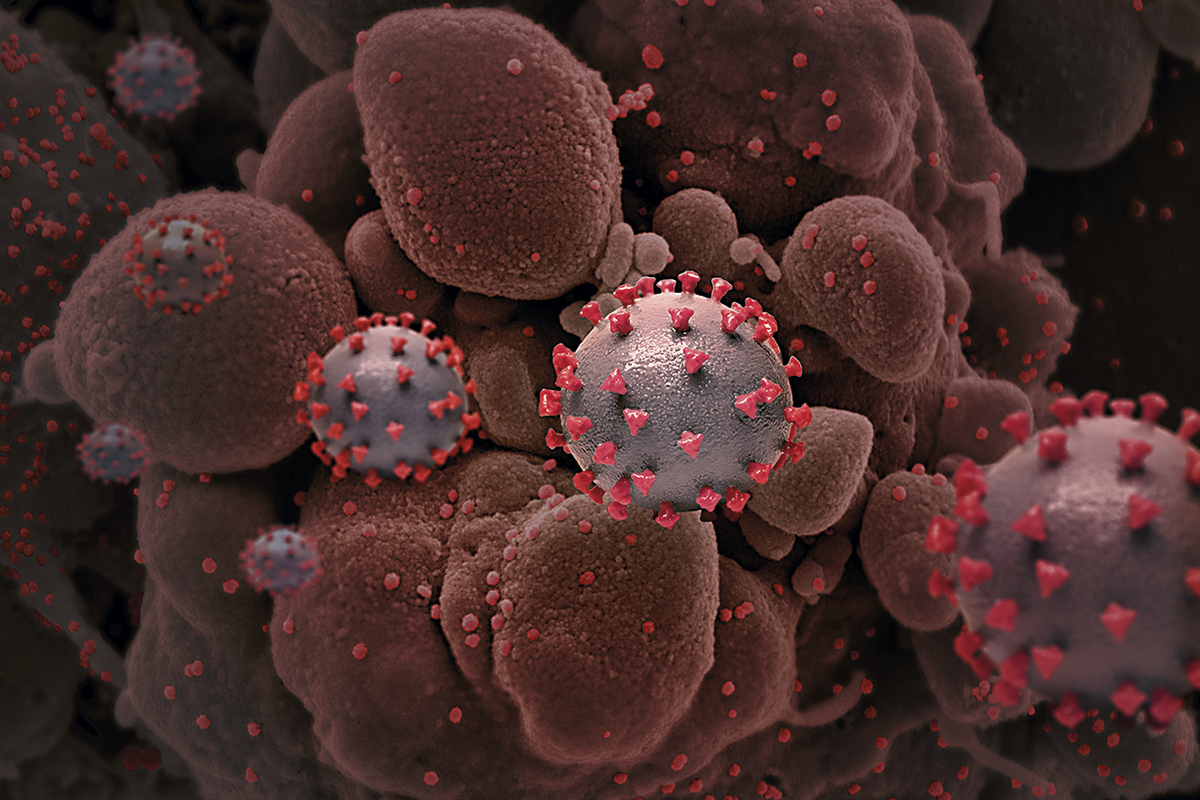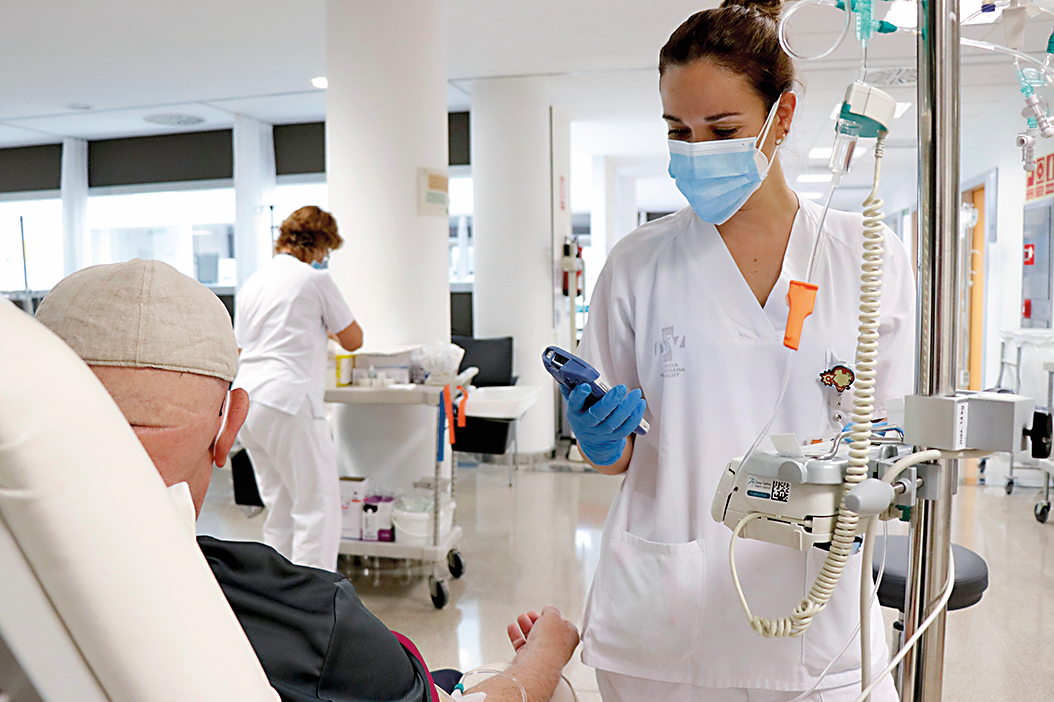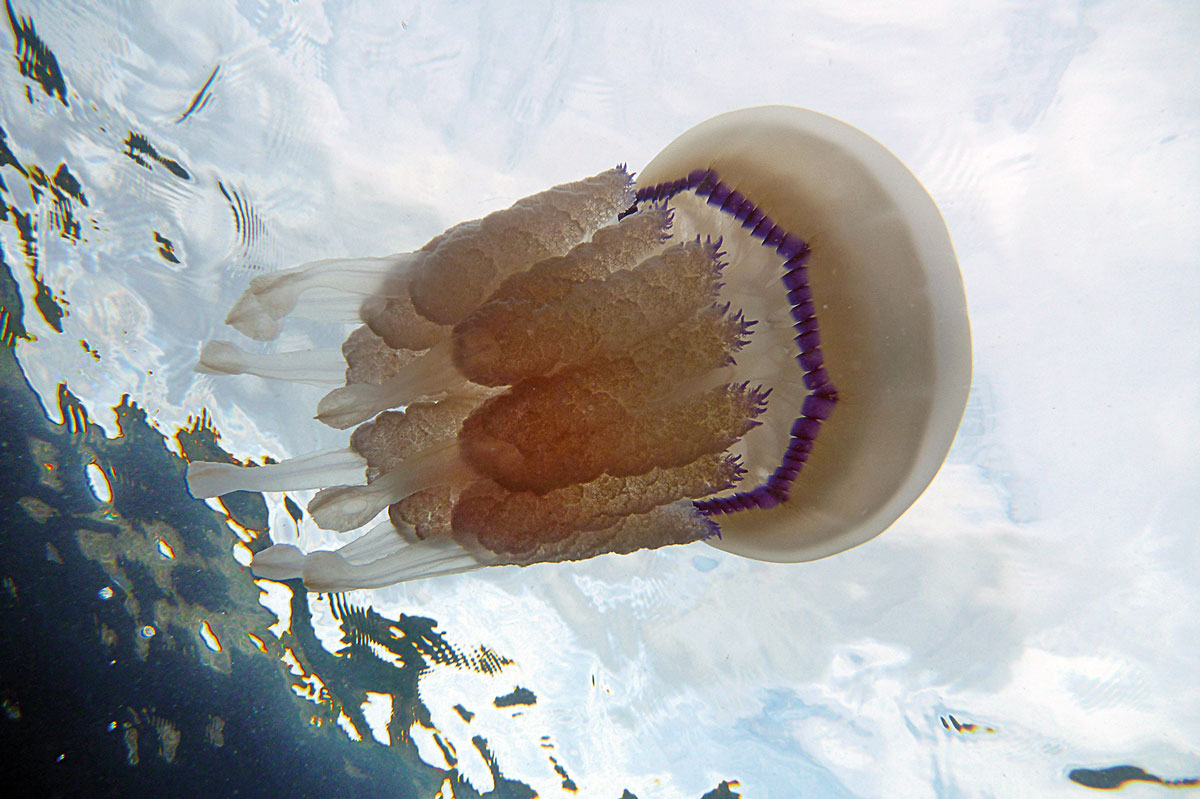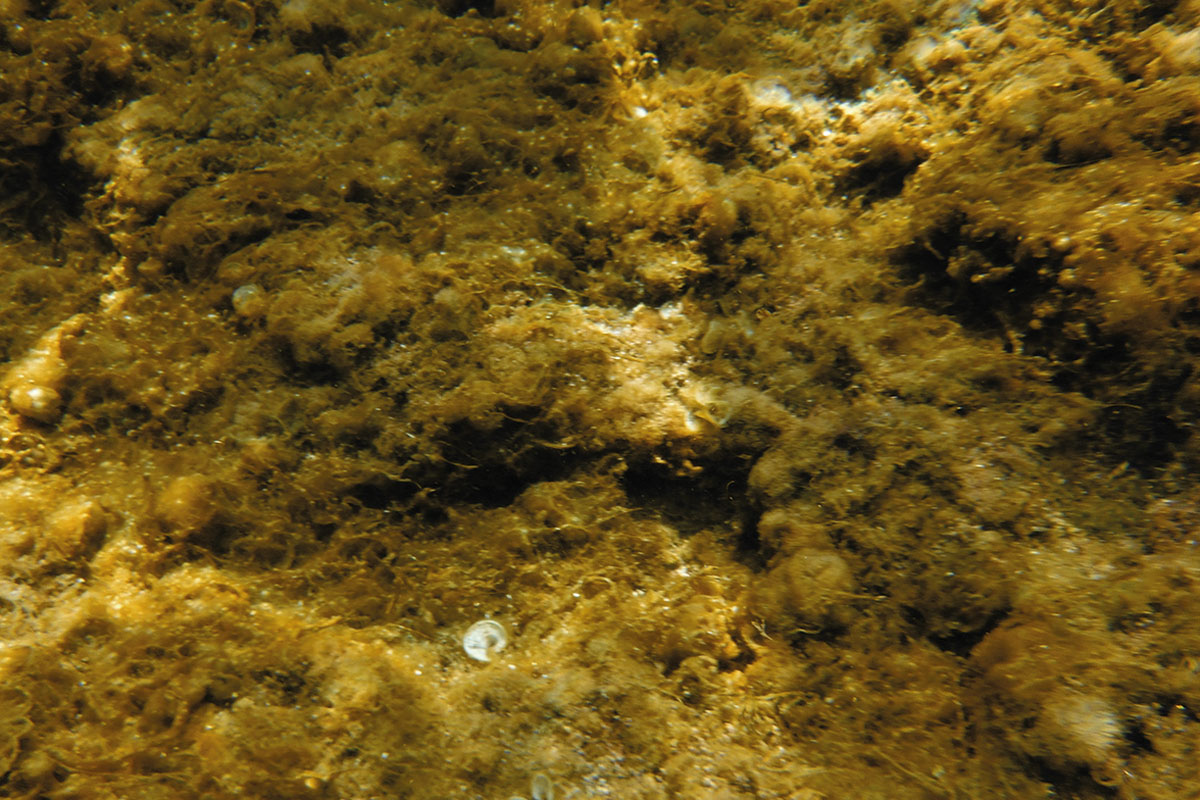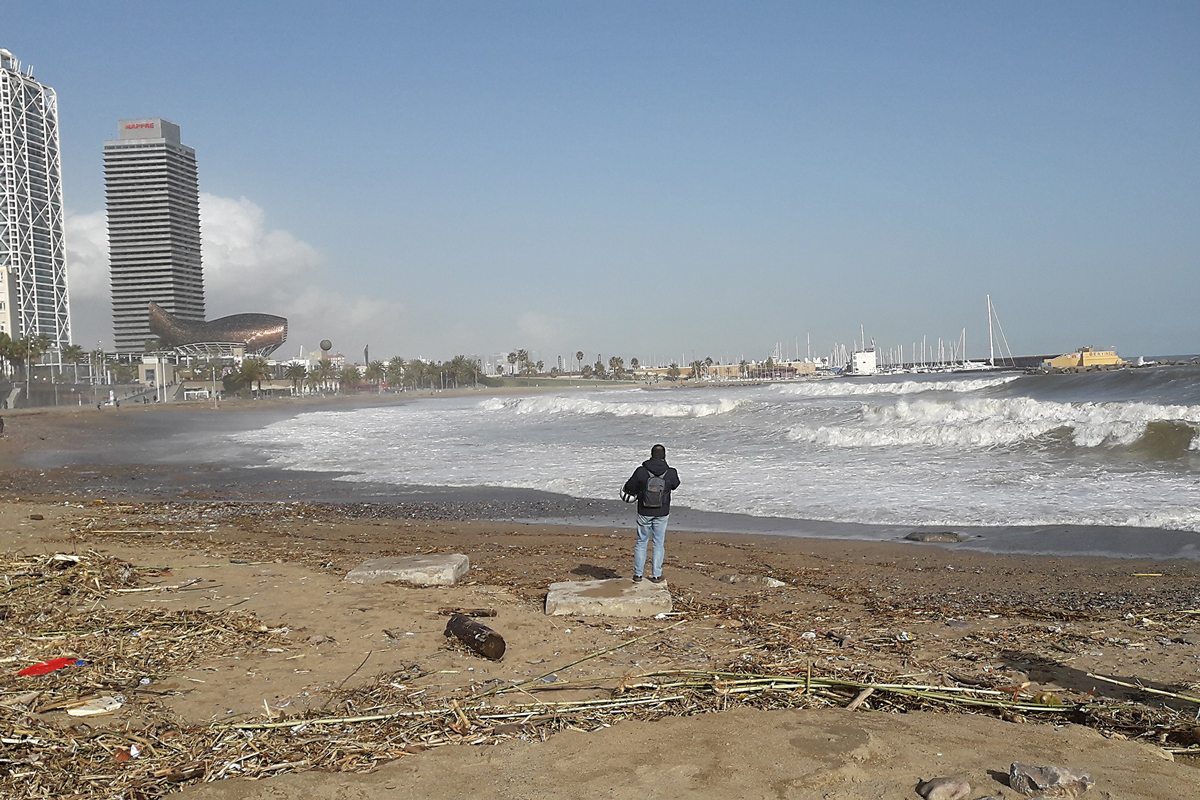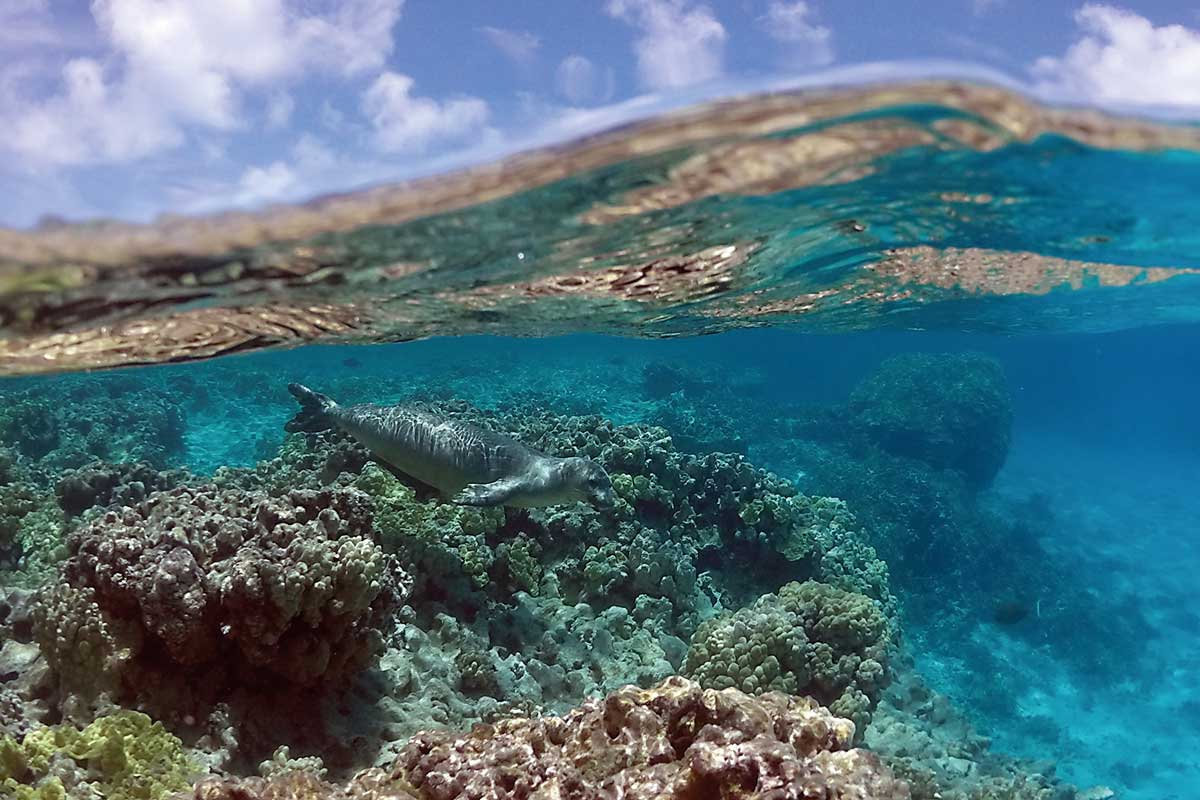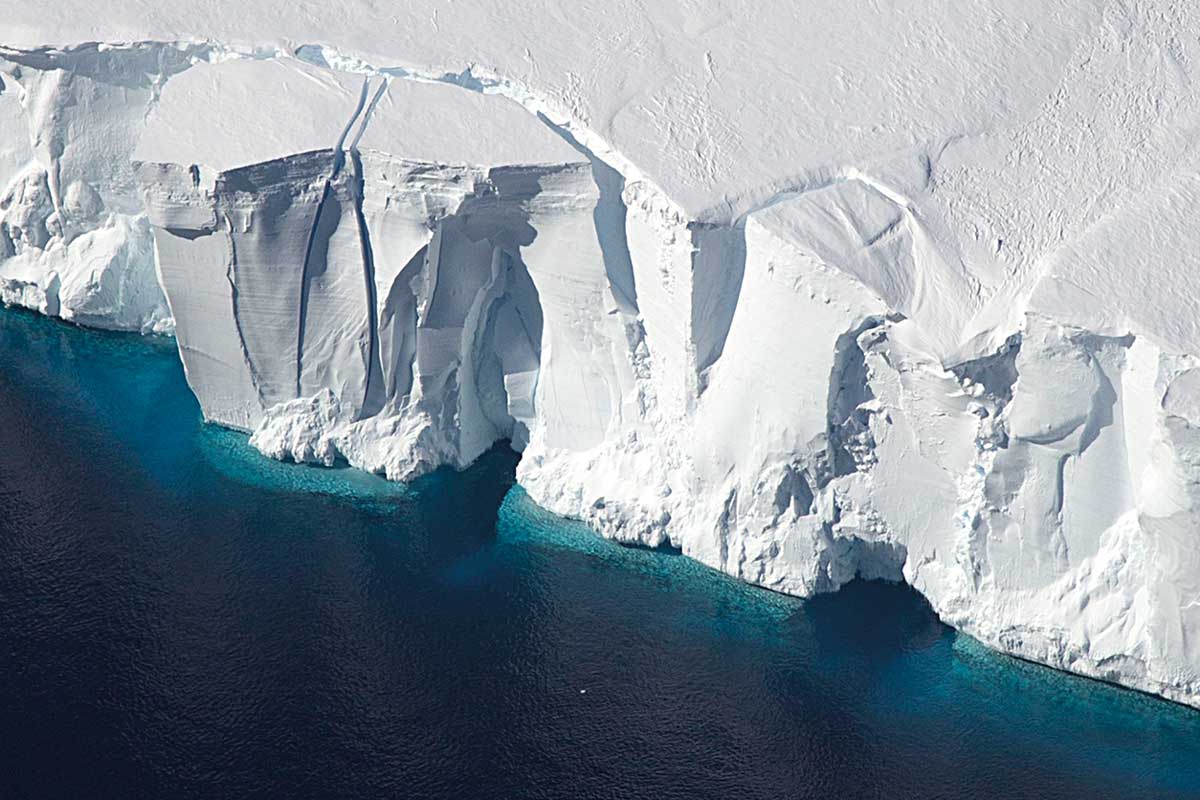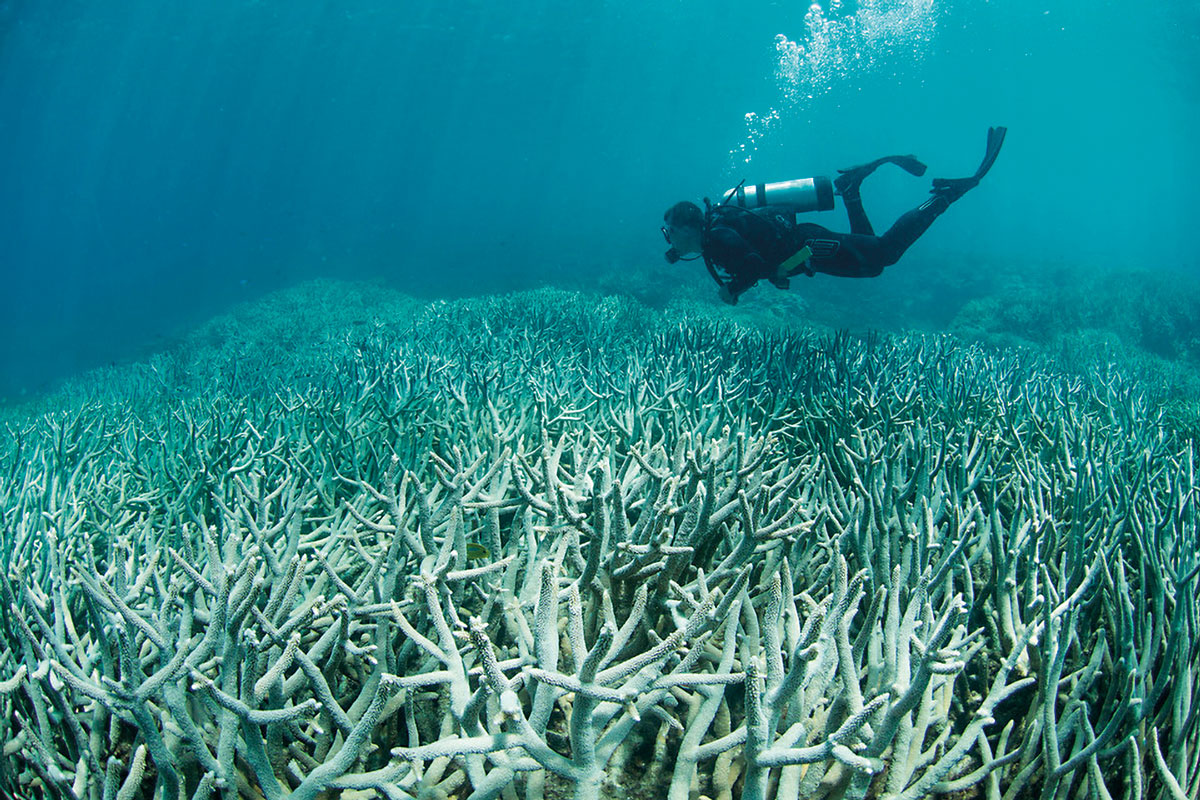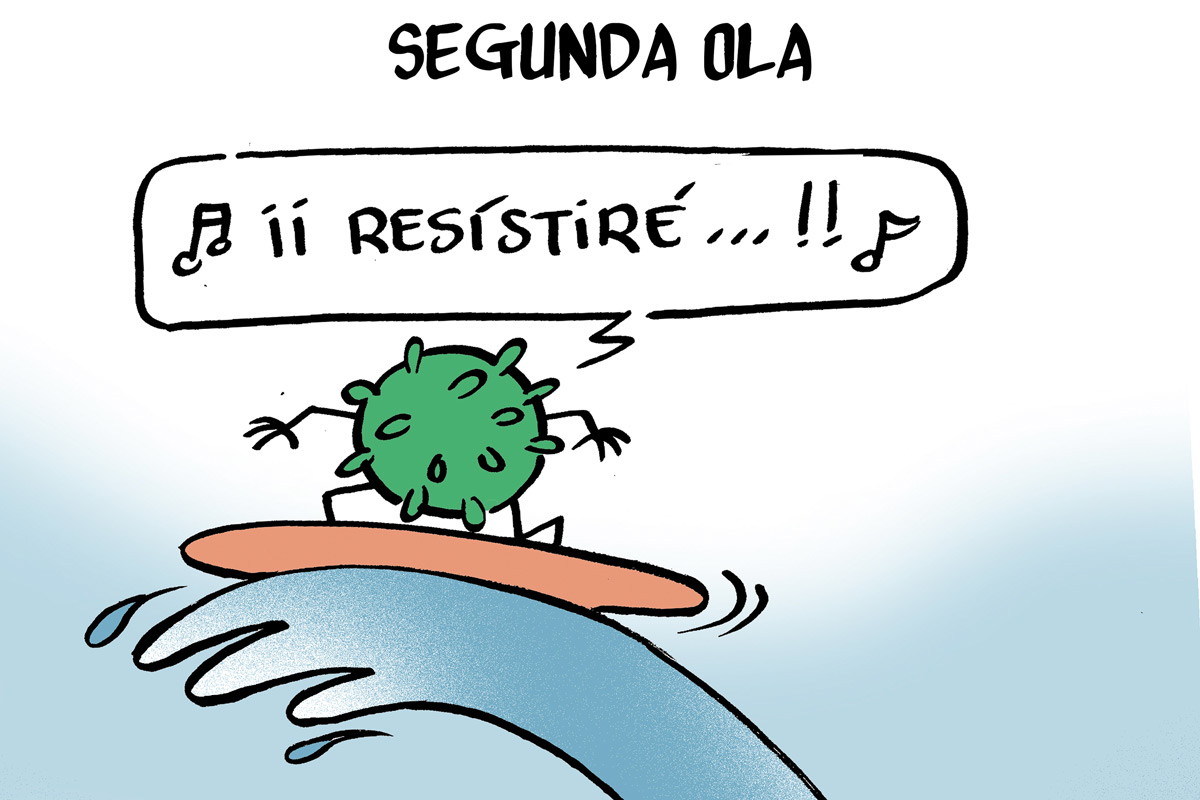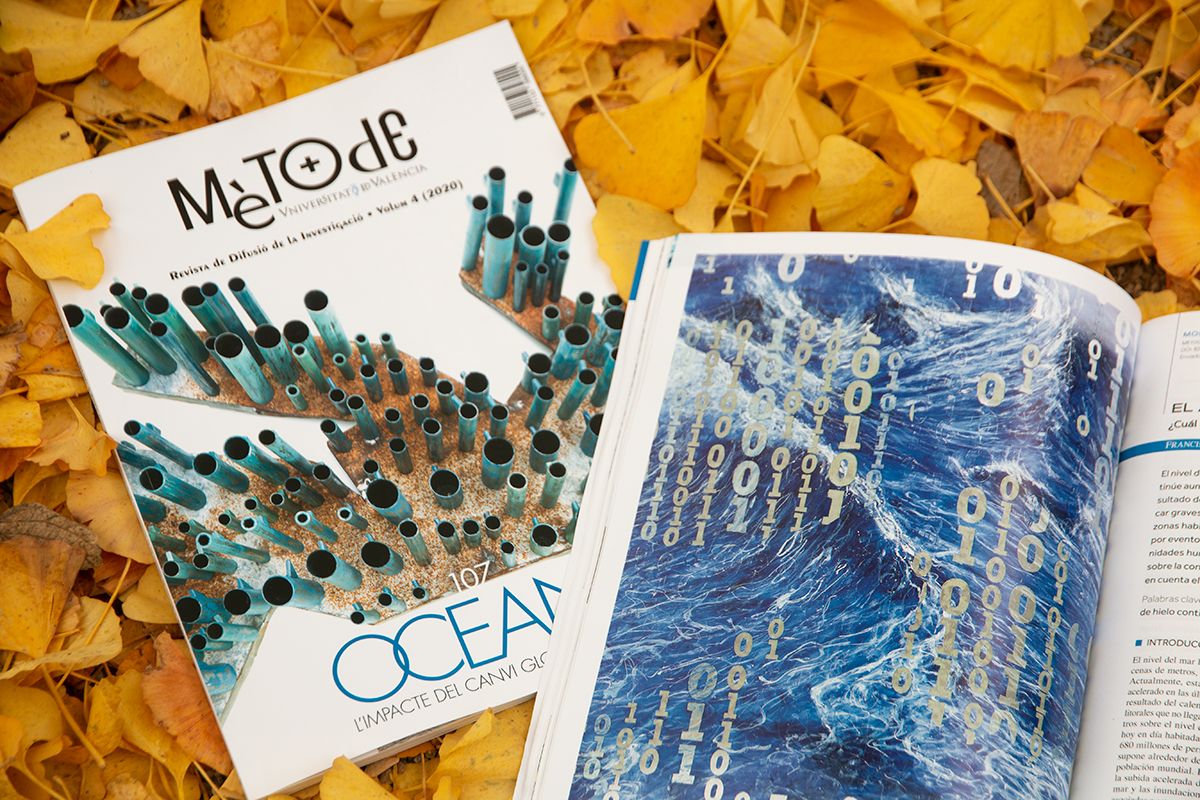Search
If we were to use electrodes to extract energy from ourselves, we would collapse because we would have nothing left to keep our hearts beating.
Humans' control over breathing enabled them to laugh, unlike other animals such as horses.
In the aftermath of the earthquake and tsunami, citizens used various radiation measurement instruments. This article explores how the study of these devices can contribute to the understanding of citizen science.
Citizen science generates bidirectional communication, leading to an improvement in the scientific literacy of the people involved.
Citizen science is in a process of consolidation, with a wide variety of practices and perspectives. Social sciences and humanities occupy a small space despite the obvious social dimension of
The idea of citizen science brings with it tensions about the social nature of scientific truth.
In the past decade, scientific research that relies on the collaboration of citizens has grown exponentially.
The new coronavirus strain identified in the United Kingdom presents different mutations. Alma Bracho, FISABIO researcher, explains.
We review, through articles published in Mètode, the news during these twelve months of SARS-CoV-2 health crisis.
Is it useful to talk about COVID-19 waves, or maybe other metaphorss such as forest fires can be more adequate?
Autobiographical comics allow the authors to talk about cancer from a humour perspective and to share their experiences of the disease.
Thanks to food safety, diseases such as typhus and cholera have virtually disappeared.
Our intelligence may be the only recourse against emerging infectious diseases like SARS-CoV-2.
The author discusses how women have been rendered invisible during the COVID-19 pandemic and how we have experienced a regression in gender biases.
The hat connect with our complacency in the face of global biodiversity loss and habitat fragmentation.
Vulnerable species with bioactive potential must be protected because they are a potential source of molecules with pharmacological properties.
Stories prepare our minds for what is to come. Dreams are a sort of training process for the development and consolidation of neural architecture.
The impact of climate change and human interventions in the Mediterranean have led to microalgae blooms.
An analysis of 35 years of thermal images from the Mediterranean basin, which is especially vulnerable to global warming.
Urban waste generates pollution that cannot be seen with the naked eye but has negative impacts on aquatic ecosystems, which are particularly vulnerable to it.
Thermal expansion of the ocean and mass loss from glaciers and ice sheets will continue to be the main contributors to the sea level rise.
The footprint of human activities on the planet is so profound that many scientists are already suggesting that we have entered a new geological era, the Anthropocene.
The arrival of the COVID-19 pandemic has triggered the creative use of metaphors, which is particularly relevant in the case of cartoonists.
A phenomenon of exceptional importance such as global change and its multiple effects has been discussed in several Mètode monographs. In recent years, public concern about what we already perceive

